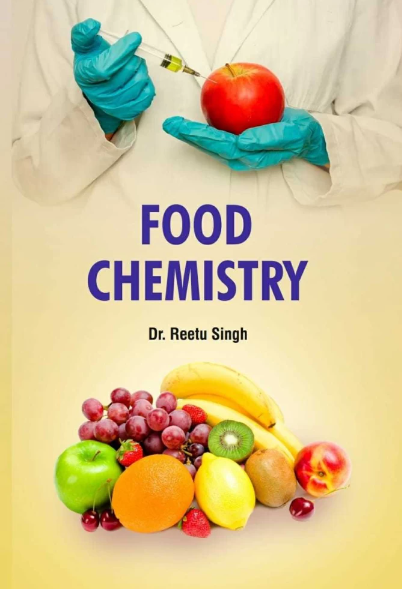食用油中的3-一氯丙烷-1,2-二醇酯(3-MCPDEs):形成途径、检测方法和缓解策略
IF 9.8
1区 农林科学
Q1 CHEMISTRY, APPLIED
引用次数: 0
摘要
3-一氯丙烷-1,2-二醇酯(3-MCPDEs)是食用油高温精制过程中,尤其是脱臭过程中产生的有毒污染物。摄入后,它们可以水解成3-一氯-2-丙二醇(3-MCPD),这是一种已知具有致癌和生殖毒性的化合物。这篇综述综合了最近在形成机制方面的发现,独特地整合了量子化学研究,以证实直接亲核取代是最有利的能量途径。还提供了检测方法的关键比较,对比已建立的监管方法与新兴方法。此外,该综述明确地将缓解策略与其潜在机制联系起来,展示了前体去除、工艺优化和抗氧化剂添加等干预措施如何有效地破坏特定的形成途径。这种直接的、基于机制的合成为3-MCPDEs的靶向控制提供了一个更清晰的框架,指导了学术研究和工业实践。本文章由计算机程序翻译,如有差异,请以英文原文为准。
3-monochloropropane-1,2-diol esters (3-MCPDEs) in edible oils: formfation pathways, detection methods, and mitigation strategies
3-Monochloropropane-1,2-diol esters (3-MCPDEs) are toxic contaminants formed during high-temperature refining of edible oils, especially in the deodorization stage. Upon ingestion, they can hydrolyze into 3-monochloro-2-propanediol (3-MCPD), a compound with known carcinogenic and reproductive toxicity. This review synthesizes recent findings on formation mechanisms, uniquely integrating quantum chemical studies to confirm direct nucleophilic substitution as the most energetically favorable pathway. A critical comparison of detection methods is also provided, contrasting established regulatory approaches with emerging methods. Furthermore, the review explicitly links mitigation strategies to their underlying mechanisms, demonstrating how interventions like precursor removal, process optimization, and antioxidant addition effectively disrupt specific formation pathways. This direct, mechanism-based synthesis offers a clearer framework for the targeted control of 3-MCPDEs, guiding both academic research and industrial practice.
求助全文
通过发布文献求助,成功后即可免费获取论文全文。
去求助
来源期刊

Food Chemistry
工程技术-食品科技
CiteScore
16.30
自引率
10.20%
发文量
3130
审稿时长
122 days
期刊介绍:
Food Chemistry publishes original research papers dealing with the advancement of the chemistry and biochemistry of foods or the analytical methods/ approach used. All papers should focus on the novelty of the research carried out.
 求助内容:
求助内容: 应助结果提醒方式:
应助结果提醒方式:


